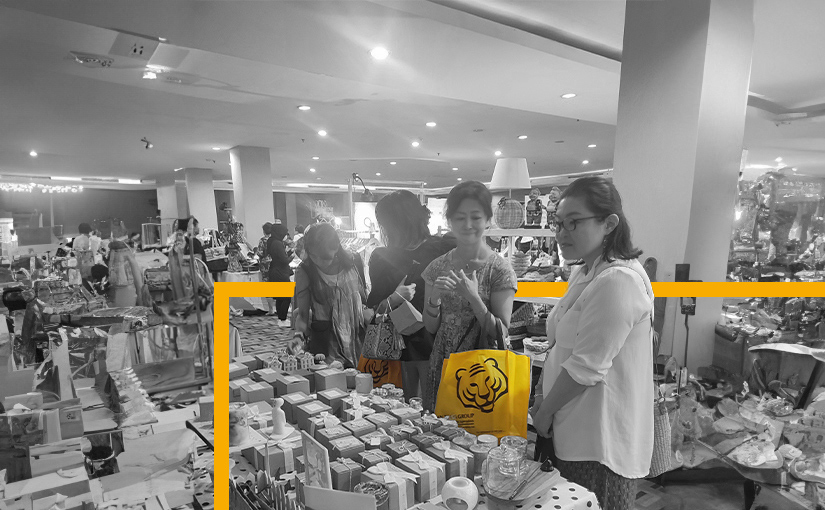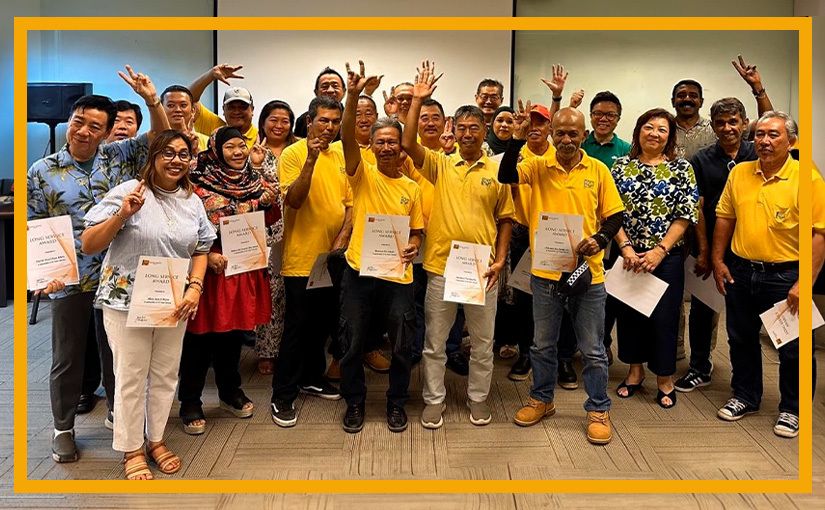Expat Life: Moving Abroad During COVID-19
This article will discuss how expat life and moving abroad during COVID-19, read carefully!
Moving to another country can be exciting; many new opportunities open up, and a person will have the opportunity to get to know another culture. However, if all of this is happening amidst a global pandemic, then difficulties and stress levels increase as well. The COVID-19 pandemic has brought new layers of complication to international relocation; now more than ever, careful planning and keeping oneself abreast with the most recent information is important. It will help you take into consideration the major areas of concern while moving abroad during COVID-19 so as to be prepared for challenges.
1. Check and Double-Check If You Will Be Able to Relocate
Planning your move with COVID-19, the first and most critical step will be to confirm that you are legally allowed to move. This is about knowing the restrictions and requirements of your current country and where you are moving internationally.
Departure Restrictions
Most countries have put in place travel restrictions to slow the spread of the virus. Before you get into packing, check whether it is possible to depart from your home country. Some nations may want extra permits or exemptions for persons going out in case of a lockdown or travel ban. Things are pretty dynamic, so keep updating yourself with information and see that everything is in place.
Long story short, entry requirements into a country of destination are very important to know. Some countries have closed their borders to non-citizens or non-residents, while others may want travelers to meet particular criteria, say fully vaccinated or a negative COVID-19 test result. This differs in respect of nationality, vaccination status, and even the region one is traveling from. Regularly update the official website of the government. This can help you prepare yourself.
Permits and Exemptions
Depending on which country you are traveling to, there may be a need to obtain special permits or permissions before entry. These can be in the form of visas, health declarations, or travel passes that assure one of qualification for entry during a pandemic. These procedures for getting these permits take time, so begin early and make sure all documents are in order before your departure.
Vaccination and Testing
Currently, most countries require arriving visitors to be vaccinated against COVID-19. Besides, you may be required to present a negative COVID-19 test taken within specific time frames before flying out. It is essential to find out the types of vaccines and tests approved for use in the country you are visiting and follow accordingly. Keep in mind that this can always change; hence, double-check these when getting close to your travel time.
2. Research how the Pandemic has been Handled in the Destination Country
Understanding what your destination country is doing in regards to handling the pandemic is important in planning and managing your expectations.
COVID-19 Management
Countries have dealt with the pandemic in many ways, and with different degrees of success. Research what to expect about your destination country at this time. Look into infection rates, vaccination coverage, and capacity for health care. Monitor if the situation worsens to decide if you are comfortable moving forward or maybe it’s better to delay for your safety.
Quarantine and Self-Isolation Requirements
This is mandatory for many countries before starting life in their jurisdictions. As to the number of days while under quarantine or self-isolation, this could run from just a few days to a couple of weeks. Of course, this depends on the country and their policies, along with your vaccination status. You need to know where you are supposed to quarantine—whether in a government facility, a designated hotel, or in your new home—and factor the costs associated with quarantine into your budget, such as accommodation and meals.
Returning to Your Home Country
Consider the feasibility and cost of returning home should you need to. The strict re-entry protocols of many countries mandate quarantine or proof of vaccination, thereby complicating and raising the expense of return on short notice. Knowing about these requirements will help in making informed decisions about your move and being prepared for any unforeseen circumstances that may require your return.
Work from Home
Because of the pandemic, many industries have been able to work remotely. If you are going to be working remotely for the foreseeable future, you want to make sure that any new living situation will allow for remote work. This would pertain to having reliable internet access, having an appropriate workspace, and acquiring any relevant permits to work. Knowing how likely remote work will continue can help in planning your living arrangements better.
3. Be Prepared for Circumstances to Change at a Moment’s Notice
Flexibility and adaptability are important when moving during a pandemic. Things can change quickly—in some cases, new restrictions or health directives may come into effect with very little warning.
Be Informed
Stay up to date with the latest COVID-19 happenings in both your home country and country of destination. This means watching governmental notices, guidance on health, and travel advisories. Getting up-to-date information allows you to better cope with new and emerging changes and make necessary adjustments to your plans. Good sources for getting accurate information are government websites, health organizations, and reputable news outlets.
Communication Is the Key
Keep in touch regularly with your employer, shipping company, and any relocation service provider. This would keep you updated on any change that may impact your move. Should new restrictions or requirements come up, this open line of communication will let you coordinate adjustments accordingly.
Contingency Planning
You need alternative plans for various eventualities. For example, what were you to do if your departure were delayed or if a new restriction on entry was introduced? With built-in contingency plans, the stress level can be kept minimal for you and your family, making it possible to smoothly manage a challenge or challenges. Get alternate ideas on temporary accommodation, delayed shipping, or even rescheduling your move.
Health and Safety Precautions
Even in the event that your move does go according to plan, always show concern about health and safety. Retain all the recommended precautions such as wearing masks, following social distancing, and washing hands frequently. Be sure that your moving company and other service providers are following COVID-19 safety precautions to protect you and your family, too.
Partnering with a Reputable Moving Company
In these trying times, partnering with a reputable moving and relocation company is more important than ever, given the complexities of moving with COVID-19. A good mover will help you understand any travel restrictions, go over logistics, and provide special support to ensure your move goes off without a hitch.
Experience and Expertise
Emphasize finding a moving company experienced in pandemic-period relocation. Companies like Asian Tigers Group will be able to advise on any logistics pertaining to an international move while maintaining COVID-19 protocols. Their knowledge on the latest regulations and best practices can help avoid potential pitfalls and make your move as seamless as possible.
Full-Service Pack
Be on the lookout for a moving company that can deliver all-inclusive services: packing, transportation, and assistance with customs and quarantine procedures. In most instances, a full-service mover is going to be capable of handling much of the heavy lifting, so you will be able to focus on other areas relating to your move.
Customer Support
Today, more than ever, there is a need for good customer support. This communication between your picked company should remain proactive and responsive, letting you know any changes that can affect your move. A dedicated point of contact can really make all the difference when it comes to juggling the many moving parts of relocation in the current climate.
Conclusion
Moving internationally during the COVID-19 time will be even more difficult, but with thorough preparation and research, combined with good relocation support, one can make the move safely and securely. By paying attention to the considerations and tips above, and with the assistance of a reputable moving company, one will be better prepared to successfully navigate the uncertainties of the pandemic with confidence. Life goes on, and new opportunities await. Do not let the pandemic stop you from coming to a new country and fulfilling your dreams.
For more information on an international move or to start on your moving abroad journey, reach out to your closest Asian Tigers office or fill out our enquiry form online to contact us. We are fully geared to help you along the journey.
If you enjoyed this article, you may also want to read our other articles such as: “Timing Your Move – Peak vs. Non-Peak Times,” “Common Packing Mistakes and How to Avoid Them Parts 1, 2, and 3,” and “Top Tips for Surviving Hotel Quarantine.”










